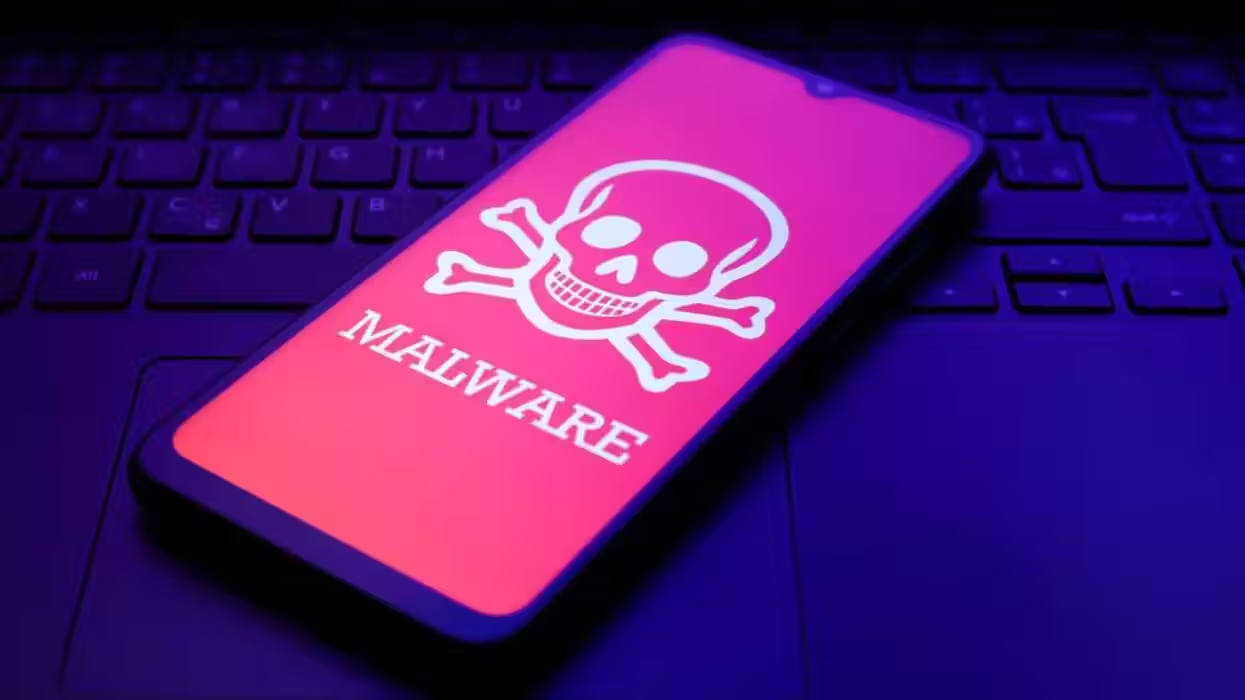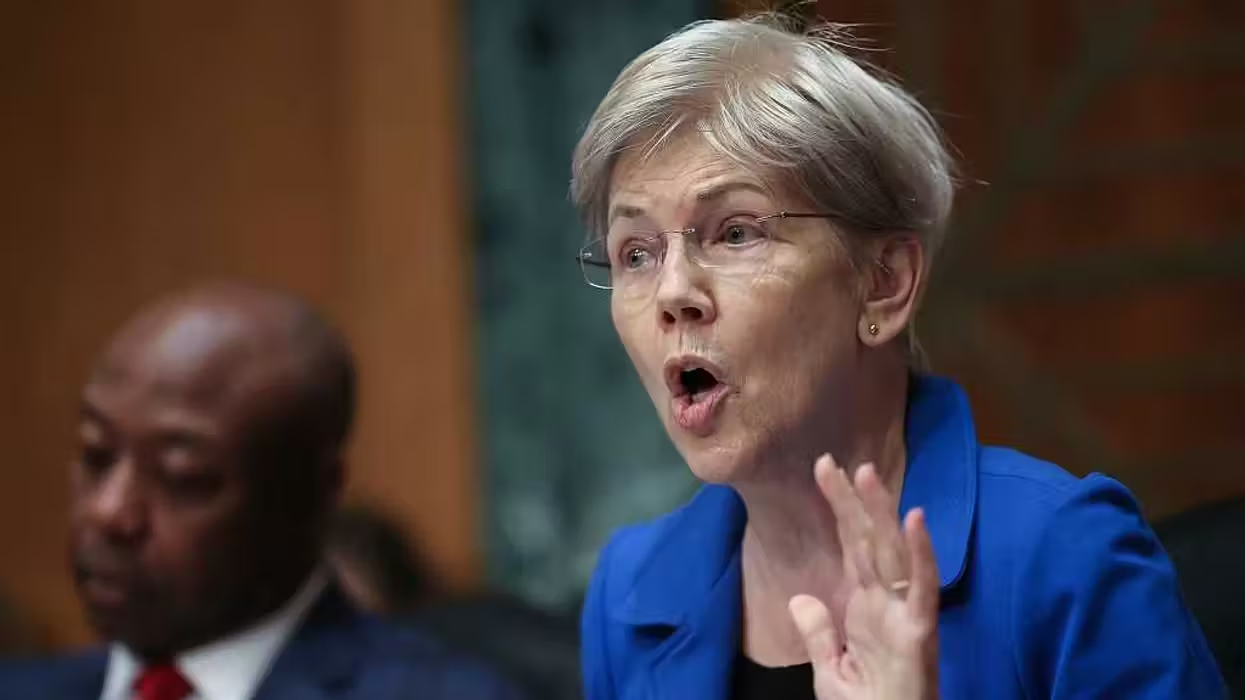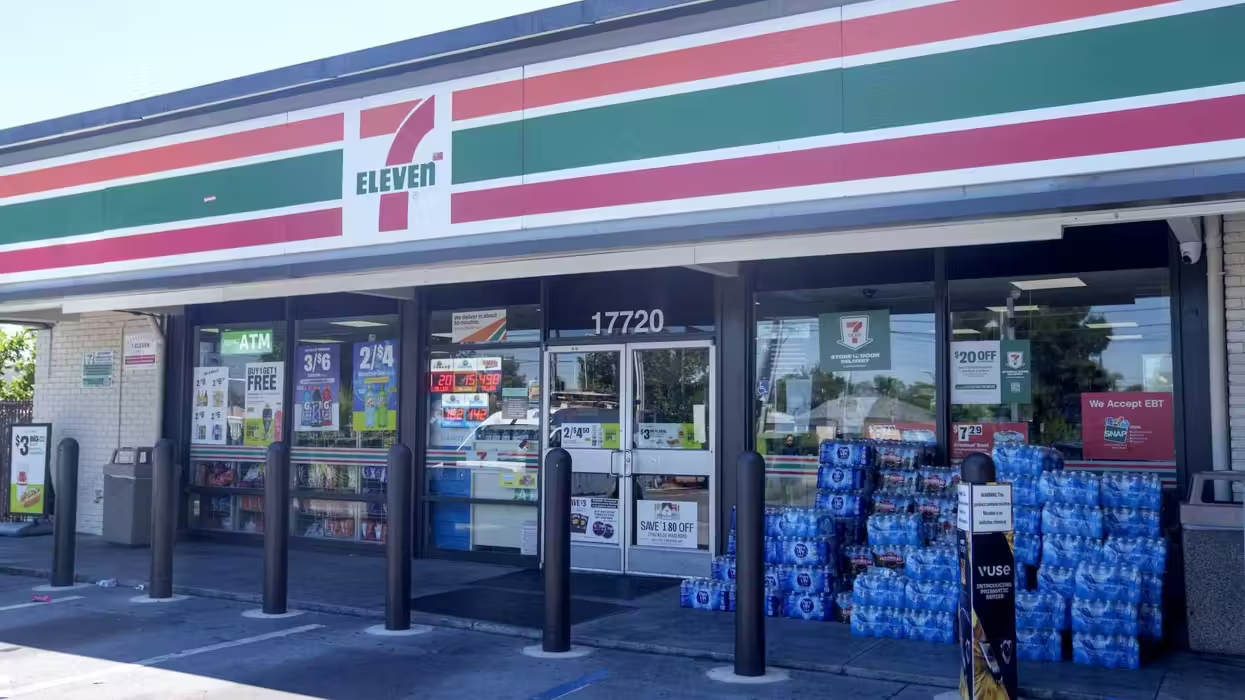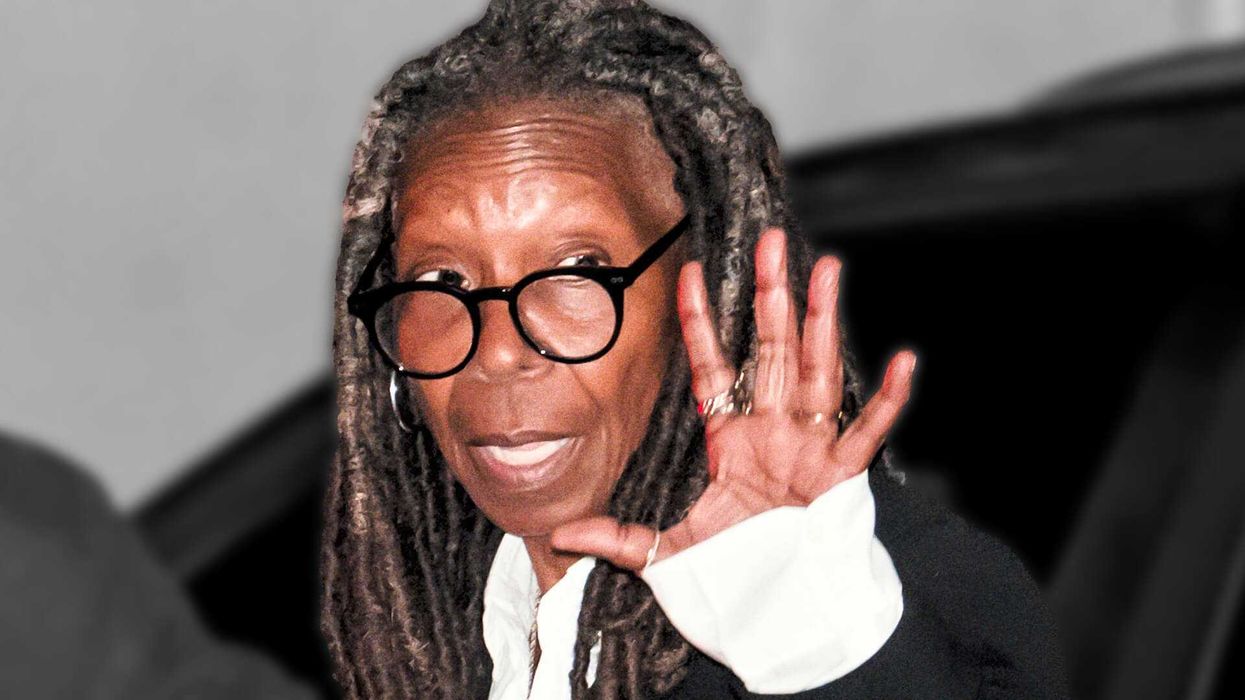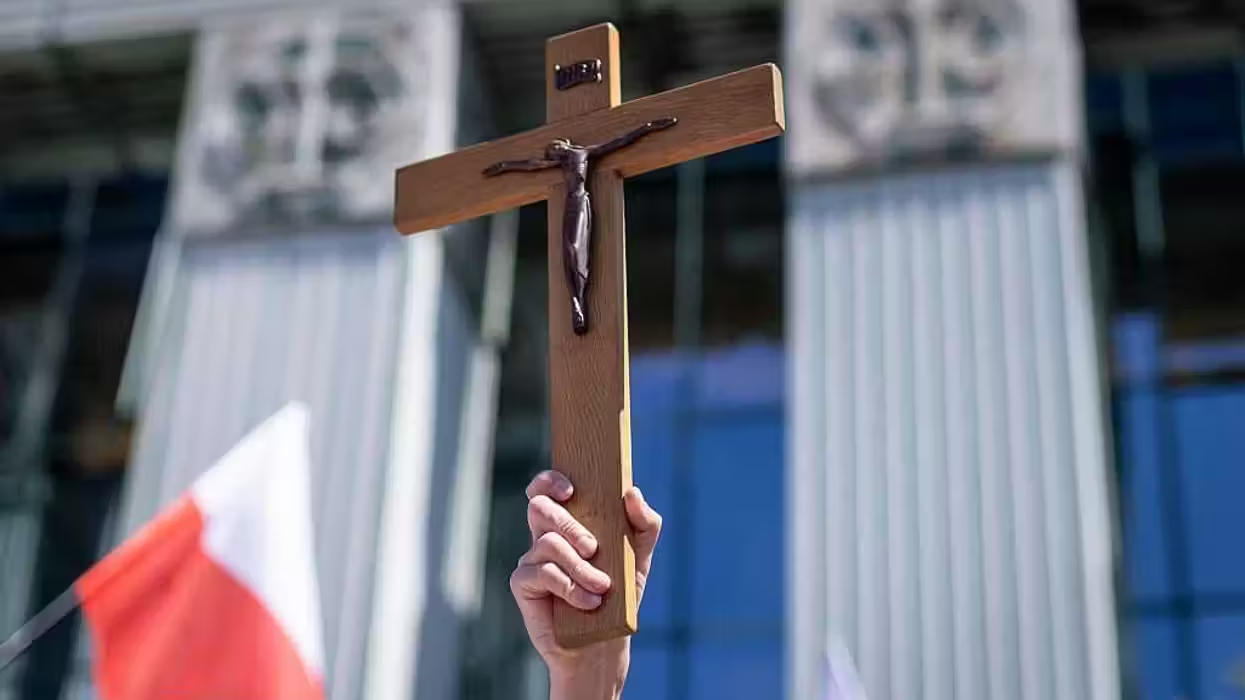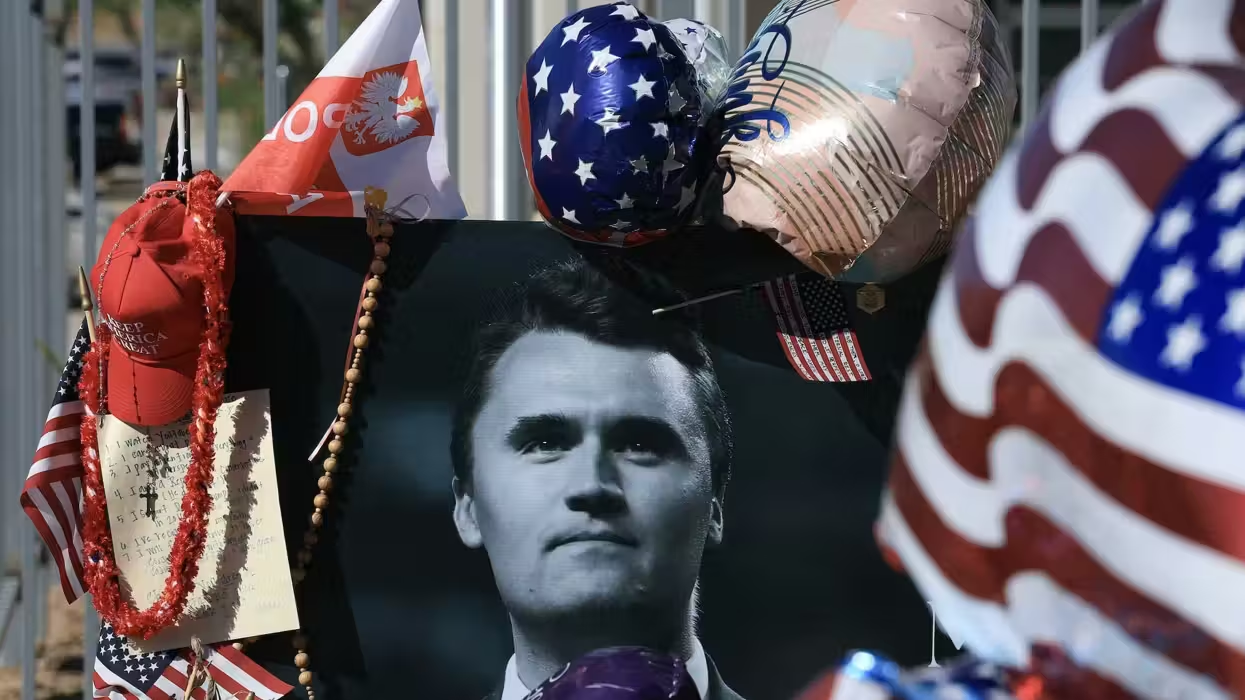A retired Air Force general testified before a House panel Thursday that he and others knew in the first few hours that the 2012 Benghazi assault was a planned terrorist attack, and not a spontaneous response to an anti-Muslim video. It's a revelation that raises new questions about emails released this week suggesting the administration was blaming the video days after others had ruled it out as a cause.
Retired Brigadier Gen. Robert Lovell, speaking before the House Oversight and Government Reform Committee Thursday, testified that it was clear “quite early on” that the U.S. Consulate in Benghazi was facing a terrorist attack.
 Under questioning from Rep. Jason Chaffetz, R-Utah, a retired general said it was clear early on that the Benghazi attack was a terrorist attack, not a response to a video. (AP/Rick Bowmer)
Under questioning from Rep. Jason Chaffetz, R-Utah, a retired general said it was clear early on that the Benghazi attack was a terrorist attack, not a response to a video. (AP/Rick Bowmer)
“[W]hat we did know quite early on was that this was a hostile action,” he said in his prepared remarks. “This was no demonstration gone terribly awry.”
He was pressed on this point by Rep. Jason Chaffetz (R-Utah), who asked how quickly it became clear that Al Qaeda was involved.
“Very, very soon,” Lovell said. “When we were still in the very early, early hours of this activity.”
"Was it a video?" Chaffetz asked?
"No sir."
Committee Chairman Darrell Issa (R-Calif.) also asked Lovell when he heard of the notion that the attack was a response to a video. Lovell said he heard it only briefly, but not as a serious theory.
When Issa asked if he had heard of this idea before 3:15 a.m. on September 12, 2012, Lovell said it was well before that time, and that the theory was quickly debunked.
“I would have to say [we] probably dismissed that notion by then, by working with other sources,” Lovell said.
"As the highest ranking person working that moment, you dismissed the idea that this attack was in fact a demonstration that had went awry and it was based on a YouTube video out of Los Angeles," Issa then stated.
"Yessir, short answer," Lovell responded:
Lovell’s testimony further undermines the story the White House initially put out, which was that their “best information” was that the attack was a spontaneous protest.
Emails released earlier this week showed that White House officials were actively trying to downplay the initial reports of a terrorist attack. Days later, the White House was writing talking points to then-U.N. Ambassador Susan Rice that played up the idea of a protest against the video.
The emails, released by conservative watchdog group Judicial Watch, indicate that White House officials worked to ensure the event was not portrayed as a “broader failure” of U.S. policy.
Pressed on the discrepancy Thursday, White House press secretary Jay Carney continued to dismiss it as a phony controversy, and said the decision to play up the video angle was done in talking points dealing with protests around the region that were happening at the time.
Lovell did further damage to the Obama administration Thursday by testifying that the State Department never asked for military help to fight off the attack that ultimately led to the death of four Americans at the U.S. consulate in Benghazi.
Chaffetz asked Lovell whether the military assets in Europe made an effort to get into Benghazi to save Americans.
“No sir, those assets did not,” Lovell said.
When asked why not, Lovell said the military was waiting for the State Department to make the call.
“Basically, there was a lot of looking to the State Department for what they wanted and the deference to the Libyan people and the sense of deference to the desires of the State Department in terms of what they would like to have,” he said. When asked again whether anyone ever went to help, Lovell said, “Not to my knowledge, sir.”
Chaffetz grew outraged at the news that the State Department didn’t ask for military help.
“We didn’t run to the sound of the guns,” he said. “They were issuing press releases. We had Americans dying. We had dead people. We had wounded people. And our military didn’t try to engage in that fight.”
Chaffetz then asked if the military could have helped. “We may have been able to, but we’ll never know.”
—
Programming note: See TheBlaze's exclusive reporting on Benghazi in the season finale episode of TheBlaze TV's For the Record, "Zero Footprint," now available on demand.

 Under questioning from Rep. Jason Chaffetz, R-Utah, a retired general said it was clear early on that the Benghazi attack was a terrorist attack, not a response to a video. (AP/Rick Bowmer)
Under questioning from Rep. Jason Chaffetz, R-Utah, a retired general said it was clear early on that the Benghazi attack was a terrorist attack, not a response to a video. (AP/Rick Bowmer)

